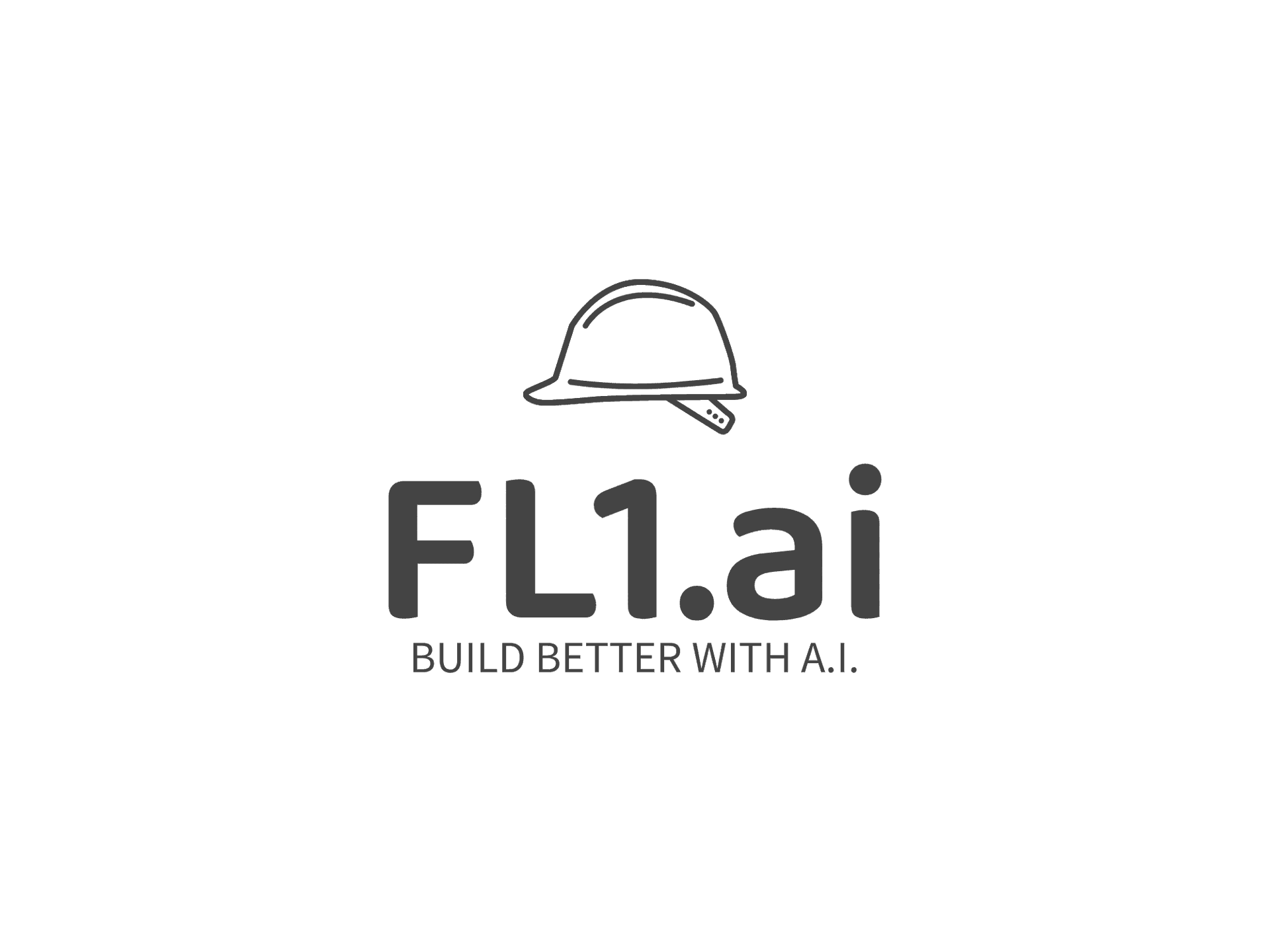The Role of AI in Sustainable Infrastructure Development
Introduction to AI and Sustainable Infrastructure
As the world grapples with the pressing challenge of climate change, the development of sustainable infrastructure has become a crucial priority. Artificial Intelligence (AI) is playing an increasingly significant role in this domain, offering innovative solutions to design, construct, and maintain infrastructure that meets environmental, economic, and social sustainability goals.
By leveraging AI, companies and governments can enhance efficiency, reduce waste, and promote the use of renewable resources. The integration of AI into infrastructure development not only supports sustainability but also drives economic growth and improves quality of life.

AI in Design and Planning
Optimizing Resource Use
The design and planning stages of infrastructure development are critical for ensuring sustainability. AI can analyze vast datasets to optimize the use of resources, minimizing waste and environmental impact. By using machine learning algorithms, engineers can predict the best materials and methods to use in construction, leading to more efficient and eco-friendly designs.
Predictive Analytics for Longevity
Predictive analytics powered by AI can foresee potential issues in infrastructure longevity. By analyzing historical data and real-time inputs, AI systems can identify patterns that suggest wear and tear or structural weaknesses. This allows for proactive maintenance strategies that extend the lifespan of infrastructure while reducing costs.

AI in Construction Processes
Automation and Robotics
AI-driven automation and robotics are transforming construction processes by increasing efficiency and precision. Autonomous machines can perform repetitive tasks with high accuracy, reducing human error and speeding up project timelines. This leads to more sustainable construction practices as projects are completed faster with fewer resources.
Real-time Monitoring
AI technologies enable real-time monitoring of construction sites through drones and sensors. These devices collect data on various parameters, such as temperature, humidity, and material usage. The data is then analyzed by AI systems to ensure that construction practices align with sustainability standards, allowing for immediate adjustments if necessary.

AI in Infrastructure Management
Efficient Energy Management
Infrastructure management benefits greatly from AI's ability to optimize energy use. Through smart grids and intelligent energy management systems, AI can balance supply and demand, integrate renewable energy sources, and reduce overall energy consumption. This leads to significant reductions in carbon emissions and operational costs.
Smart Transportation Systems
AI also plays a pivotal role in developing smart transportation systems that enhance mobility while minimizing environmental impact. By analyzing traffic patterns and predicting congestion, AI can improve public transport efficiency and reduce vehicle emissions. Smart traffic management systems contribute to cleaner air and reduced fuel consumption.

The Future of AI in Sustainable Infrastructure
The role of AI in sustainable infrastructure development is set to expand as technology advances. Future innovations will likely focus on enhancing the interoperability of AI systems across various infrastructure components. This will create a cohesive ecosystem where data-driven insights lead to continuous improvement in sustainability practices.
As AI becomes more integrated into infrastructure development, it will drive a paradigm shift towards a more sustainable future. Embracing these technologies not only addresses current challenges but also paves the way for resilient and adaptable infrastructure capable of meeting future demands.
